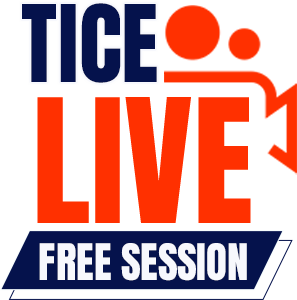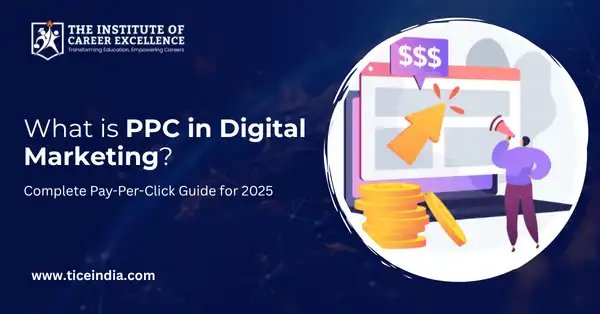
Posted On: August 01, 2025
What is PPC Advertising? Complete Pay-Per-Click Guide for 2025
Understanding online advertising mechanisms has become crucial for businesses looking to stay competitive in the rapidly evolving digital landscape. At the heart of successful digital marketing strategies lies PPC (Pay-Per-Click) advertising—a powerful tool that's transforming how brands connect with their target audience.
Global ad spending in the search advertising market is projected to reach $351.55 billion in 2025, highlighting the immense growth and importance of this advertising model. Whether you're a business owner looking to scale your operations or a marketing professional aiming to enhance your skills through a digital marketing course in Kolkata, understanding PPC in digital marketing is essential for success.
As someone who has spent over a decade in digital transformation and performance marketing, I've witnessed firsthand how PPC has evolved from a simple advertising model to a sophisticated marketing ecosystem. In this comprehensive guide, I'll walk you through everything you need to know about PPC advertising in 2025.
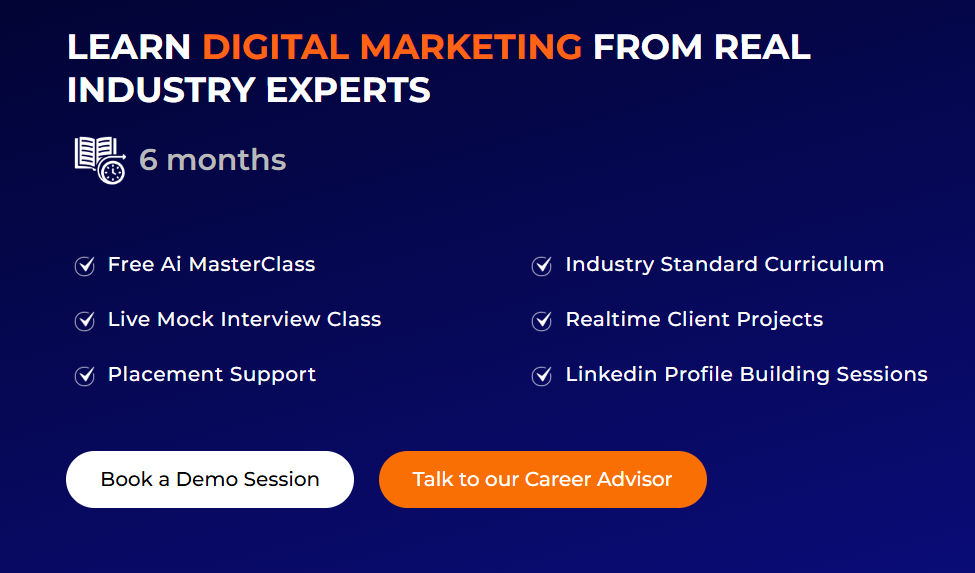
What is PPC? Understanding the Basics
PPC stands for Pay-Per-Click—a digital advertising model where advertisers pay a fee each time someone clicks on their advertisement. Think of it as buying visits to your website instead of earning them organically through search engine optimization strategies.
Imagine running a local bakery in Kolkata. Instead of waiting for customers to stumble upon your shop, PPC allows you to place targeted advertisements exactly when people search for "fresh cakes near me" or "birthday cake delivery Kolkata." You only pay when potential customers show genuine interest by clicking on your ad.
The beauty of PPC in digital marketing lies in its precision targeting. About 80% of businesses depend on pay-per-click advertising to grow their businesses, and there's a compelling reason for this widespread adoption.
The Evolution of PPC Advertising
PPC advertising has come a long way since its inception in the mid-1990s. The journey began with simple text-based ads and has evolved into a sophisticated ecosystem encompassing various formats and platforms.
The real game-changer came in 2000 when Google launched AdWords (now Google Ads), introducing quality-based rankings that considered both bid amounts and ad relevance. This innovation democratized advertising, allowing small businesses to compete effectively with larger corporations.
Today, we're witnessing the integration of artificial intelligence and machine learning in PPC campaigns, making them more efficient and targeted than ever before. The current digital marketing trends show that automation and smart bidding strategies are becoming standard practices.
Why PPC Matters: Key Statistics for 2025
The numbers speak volumes about PPC's effectiveness:
- PPC returns $2 for every $1 spent—resulting in a 200% ROI
- PPC traffic converts 50% better than organic traffic
- Paid search accounts for 39.5% market share of digital advertising
- PPC conversion rates typically average approximately 6.18% across campaigns
These statistics demonstrate why businesses across industries are investing heavily in PPC strategies. For professionals enrolled in digital marketing institute in Kolkata programs, understanding these metrics is crucial for developing effective campaigns.
How PPC Advertising Works
Understanding the PPC process is fundamental to leveraging its potential effectively:
1. Platform Selection
Choose from major platforms like Google Ads, Microsoft Advertising (Bing), Facebook Ads, LinkedIn Ads, or Instagram Ads based on your target audience and business objectives.
2. Campaign Creation
Define your campaign goals, target audience, budget, and geographic targeting. This step requires careful planning to ensure optimal results.
3. Keyword Research and Selection
For search advertising, selecting relevant keywords is crucial. This involves understanding what terms your potential customers use when searching for products or services like yours.
4. Bidding Strategy
Set maximum amounts you're willing to pay per click. Modern platforms offer automated bidding strategies that optimize for various goals like conversions or click volume.
5. Ad Creation
Craft compelling ad copy with clear value propositions and strong calls-to-action. Your ads must resonate with your target audience and encourage clicks.
6. Landing Page Optimization
Ensure your landing pages align with your ad promises and are optimized for conversions. A seamless user experience from ad click to conversion is essential.
Types of PPC Advertising
PPC in digital marketing encompasses various ad formats:
- Search Ads: Text-based advertisements appearing on search engine results pages when users search for relevant keywords.
- Display Ads: Visual advertisements shown across websites within advertising networks, excellent for brand awareness and remarketing.
- Shopping Ads: Product-focused ads displaying images, prices, and business information, ideal for e-commerce businesses.
- Video Ads: Engaging video content shown on platforms like YouTube, perfect for storytelling and brand building.
- Social Media Ads: Targeted advertisements on social platforms, allowing precise demographic and interest-based targeting.
- Remarketing Ads: Targeted ads shown to users who previously visited your website, offering second chances for conversion.
Top PPC Platforms in 2025
Google Ads
The undisputed leader in PPC advertising, offering massive reach and sophisticated targeting options. What is Google Ads? It's the platform that processes billions of search queries daily, making it essential for most PPC strategies.
Microsoft Advertising (Bing)
Often overlooked but valuable, especially for B2B companies. It typically offers lower competition and cost-per-click rates.
Facebook and Instagram Ads
Powerful for businesses targeting specific demographics and interests, with excellent visual ad formats.
LinkedIn Ads
The go-to platform for B2B marketing, offering professional targeting options based on job titles, industries, and company sizes.
Key PPC Metrics to Track
Success in PPC requires monitoring specific metrics:
- Click-Through Rate (CTR): Measures ad relevance and appeal to your target audience.
- Cost Per Click (CPC): Helps manage budgets and optimize bidding strategies.
- Conversion Rate: The ultimate measure of campaign effectiveness, showing how many clicks result in desired actions.
- Quality Score: Google's measure of ad relevance, affecting both ad positioning and costs.
- Return on Ad Spend (ROAS): Calculates revenue generated for every dollar spent on advertising.
PPC Best Practices for 2025
Based on my experience working with numerous businesses, here are proven strategies for PPC success:
1. Define Clear Objectives
Whether it's lead generation, sales, or brand awareness, having specific goals guides all campaign decisions.
2. Conduct Thorough Keyword Research
Use tools like Google Keyword Planner, SEMrush, or Ahrefs to identify high-value keywords with optimal search volume and competition levels.
3. Create Compelling Ad Copy
Write clear, benefit-focused headlines with strong calls-to-action. Test different variations to identify top performers.
4. Optimize Landing Pages
Ensure fast loading times, mobile responsiveness, and clear conversion paths. Your landing page experience directly impacts Quality Score and conversion rates.
5. Implement Conversion Tracking
Set up proper tracking to measure campaign performance accurately. This data drives optimization decisions.
6. Use Ad Extensions
Leverage sitelinks, callouts, and structured snippets to increase ad visibility and provide additional information.
7. Regular Campaign Monitoring
Review performance data regularly and make data-driven adjustments to improve results continuously.
Common PPC Challenges and Solutions
- High Competition: Focus on long-tail keywords and improve quality scores to compete effectively despite budget constraints.
- Budget Management: Set daily budgets, use automated bidding strategies, and regularly review spending patterns.
- Ad Fatigue: Regularly refresh ad creative and test new messaging to maintain engagement levels.
- Platform Updates: Stay informed about algorithm changes and new features through official platform communications and industry resources.
The Future of PPC Advertising
The PPC landscape continues evolving rapidly. Key trends shaping 2025 include:
- AI-Powered Automation: Machine learning algorithms increasingly handle bidding, targeting, and ad optimization.
- Voice Search Integration: Adapting campaigns for voice-activated searches as smart speakers become more prevalent.
- Privacy-First Advertising: Adapting to stricter privacy regulations while maintaining targeting effectiveness.
- Cross-Platform Integration: Coordinating campaigns across multiple platforms for cohesive customer experiences.
Conclusion: Mastering PPC in 2025
PPC advertising remains one of the most effective digital marketing strategies available today. 65% of industries saw better conversion rates in 2025, proving that well-executed campaigns continue delivering exceptional results.
The key to PPC success lies in understanding your audience, crafting compelling messages, and continuously optimizing based on performance data. Whether you're managing campaigns in-house or working with a digital marketing course in Kolkata to enhance your skills, the fundamentals remain consistent: focus on relevance, monitor performance, and adapt quickly to changing conditions.
As the digital marketing landscape evolves, staying updated with the latest trends and best practices becomes increasingly important. What is SEO compared to PPC? While both are crucial for online visibility, PPC offers immediate results and precise targeting that makes it indispensable for modern businesses.
The future of PPC looks brighter than ever, with new technologies and platforms expanding possibilities for reaching and engaging target audiences. By mastering these fundamentals and staying adaptable to change, businesses can leverage PPC to achieve remarkable growth and success in the digital marketplace.
Tags
Latest Posts
-

10 Highest-Paid Digital Marketing Skills in Demand in 2026
-

Short-Term Website Development Courses That Lead to Jobs
-

Why India’s Tech Industry Struggles to Produce Visionary Leaders: A Skills Gap Perspective
-

Best Certification Courses After 12th for a Career in IT
-
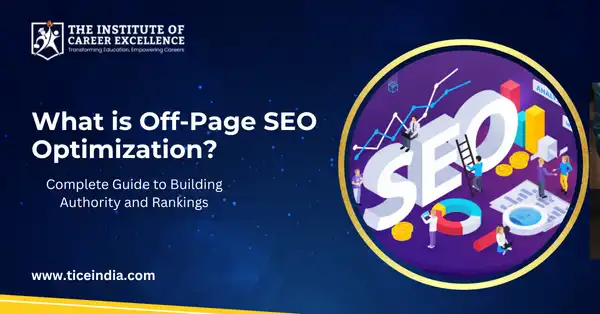
What is Off-Page SEO Optimization? Complete Guide to Building Authority and Rankings
Similar Posts
-

10 Highest-Paid Digital Marketing Skills in Demand in 2026
-

Short-Term Website Development Courses That Lead to Jobs
-

Why India’s Tech Industry Struggles to Produce Visionary Leaders: A Skills Gap Perspective
-

What is Off-Page SEO Optimization? Complete Guide to Building Authority and Rankings
-
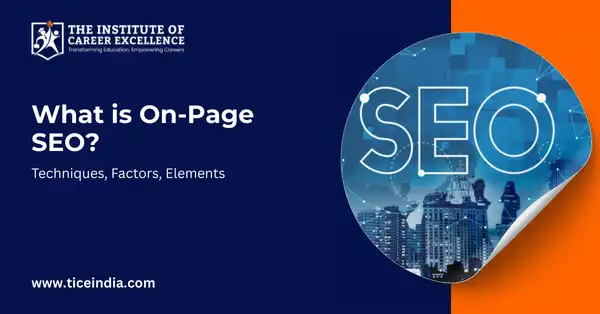
What is On-Page SEO? Techniques, Factors, Elements



